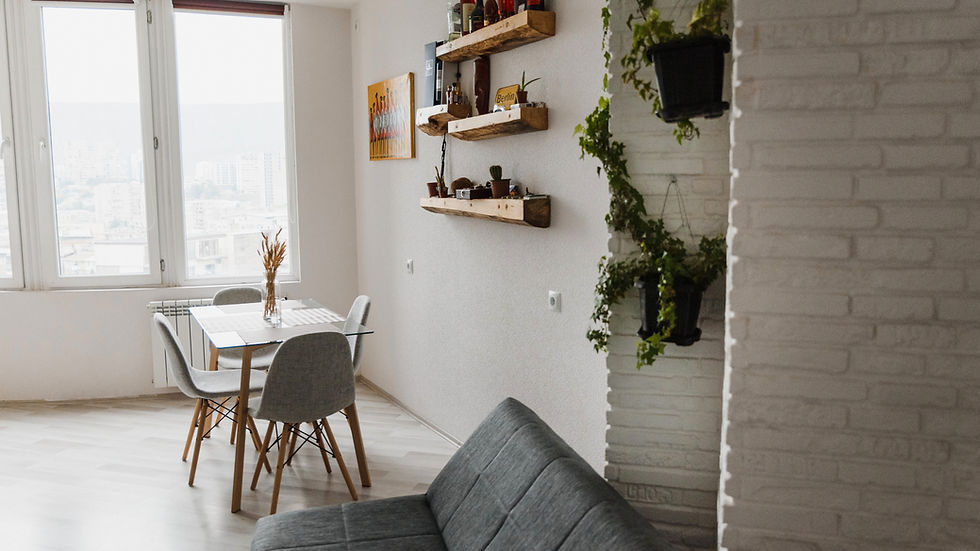How Condo Fees Impact Affordability: What Buyers Need to Know
- Bailey Luthi
- Mar 24, 2025
- 2 min read
When you're shopping for a home, your monthly payment is the real number that dictates affordability—not just the purchase price. And if you're considering a condo, there's a key factor that can make or break your budget: condo fees. These fees cover maintenance, amenities, and shared expenses, but they also impact how much home you can afford. So, let’s break it down.

What Are Condo Fees?
Condo fees (also called HOA fees) are mandatory monthly payments that cover the upkeep of common areas, building maintenance, and sometimes utilities. These fees vary widely depending on the community, the amenities offered, and the age of the building.
Typical condo fees cover:
Exterior maintenance (roof, siding, landscaping, snow removal)
Shared utilities (water, trash, sometimes heat or electricity)
Amenities (pool, gym, security, concierge)
Reserve fund contributions for future repairs (think roof replacements or repaving parking lots)
While these fees provide convenience and predictability, they also add to your monthly housing costs.
How Condo Fees Impact Your Buying Power
When a lender determines how much you can borrow, they look at your debt-to-income (DTI) ratio, which includes your mortgage, property taxes, insurance, and—yes—condo fees. A high condo fee can lower the amount a lender is willing to approve for your mortgage.
For example, let’s say you’re approved for a $2,500/month housing budget:
A single-family home with $500/month in taxes and insurance means you can put roughly $2,000 toward your mortgage.
A condo with $500/month in condo fees leaves you with only $1,500 for your mortgage, significantly lowering the price range you can afford.
Essentially, every dollar spent on condo fees is a dollar that can’t go toward your mortgage payment. This means that while a $400,000 single-family home might be within your reach, a $400,000 condo with high fees may not be.
Low Purchase Price, High Fees: Is It Worth It?
Sometimes, condos with high fees have a lower sticker price compared to single-family homes. If a condo’s monthly fee covers a lot—like utilities, exterior maintenance, and amenities—you may actually save money in the long run. However, high fees with limited benefits can drain your budget.
Before committing to a condo, ask yourself:
What do the fees cover? (Are you paying for amenities you won’t use?)
How often do fees increase? (Some buildings hike fees annually.)
Is there a healthy reserve fund? (Low reserves = big special assessments later.)
How does the fee compare to similar condos in the area?
The Bottom Line
Condo fees aren’t necessarily a bad thing—they make homeownership more predictable and reduce personal maintenance responsibilities. But they also affect how much you can afford to borrow and should be factored into your long-term financial planning. If you're considering a condo, look beyond the purchase price and make sure the monthly costs align with your budget and lifestyle.
Thinking about buying a condo in New Hampshire or Massachusetts? Let’s chat and figure out what makes the most sense for your budget and goals!









Comments